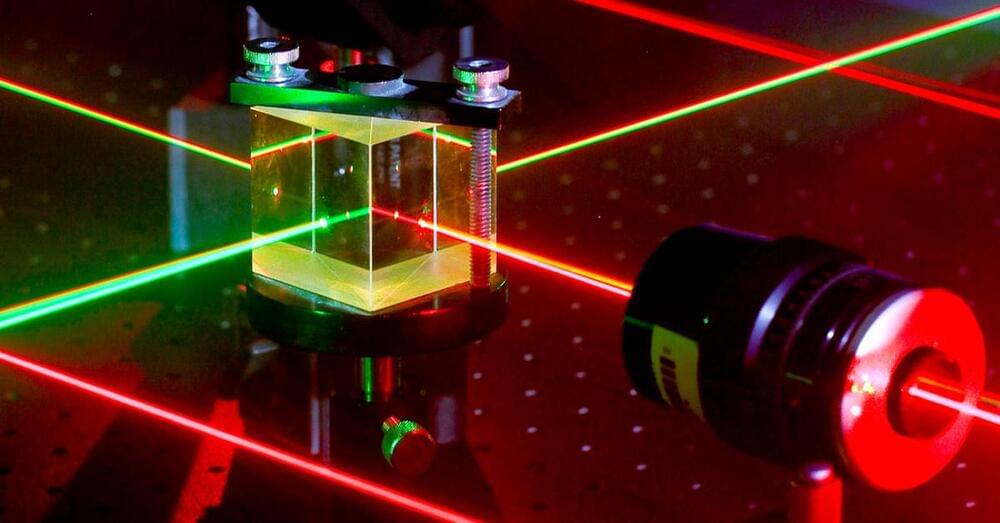Finding practical applications for quantum entanglement is a formidable endeavor to say the least, but a group of Chinese researchers overcame some of the fundamental challenges of open-air quantum teleportation by developing a highly accurate laser pointing and tracking system, as reported by Ars Technica. The team was able to teleport a qubit (a standard unit of data in quantum computing) 97 kilometers across a lake using a small set of photons without fiberoptic cables or other intermediaries.
The laser targeting device developed by Juan Yin and his team was necessary to counteract the minute seismic and atmosphere shifts that would otherwise break the link between the two remote locations. While the use of fiberoptic cables solves the point-to-point accuracy problems faced by open-air systems, using the cables to carry entangled photons — which in turn carry the data needed for quantum teleportation — can cause what’s known as “quantum decoherence,” or rather a corruption in the photon’s entanglement data.
In the grand spectrum of scientific achievement, Yin’s research is a small but crucial stepping stone on the path to a global quantum network, allowing for super-fast data transmission with high levels of encryption to take place. Yin and his team think that quantum repeater satellites could be used to build this network, but until scientists figure out a way to give qubits a few more microseconds of staying power, such a network is probably many years off.









Comments are closed.